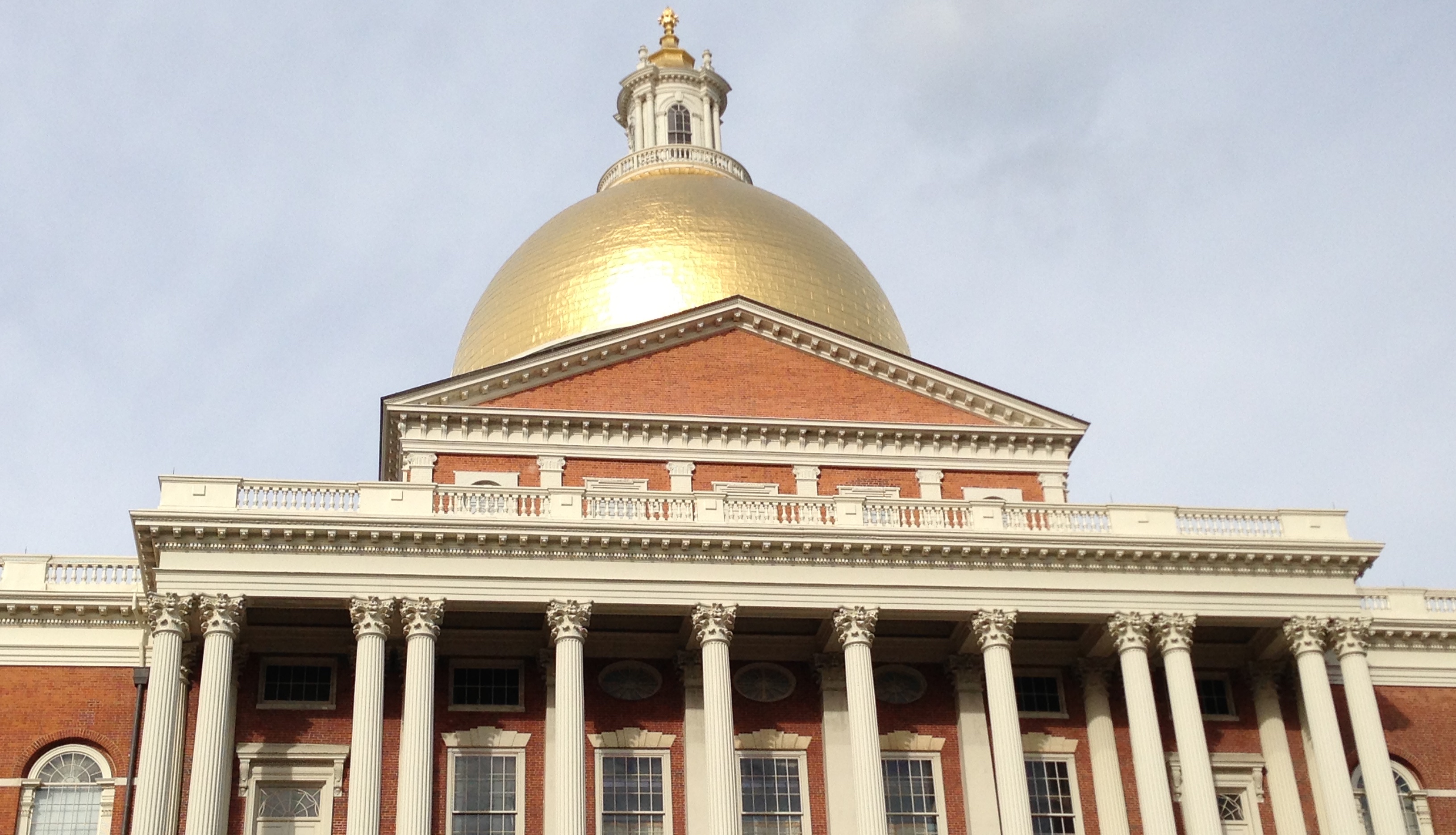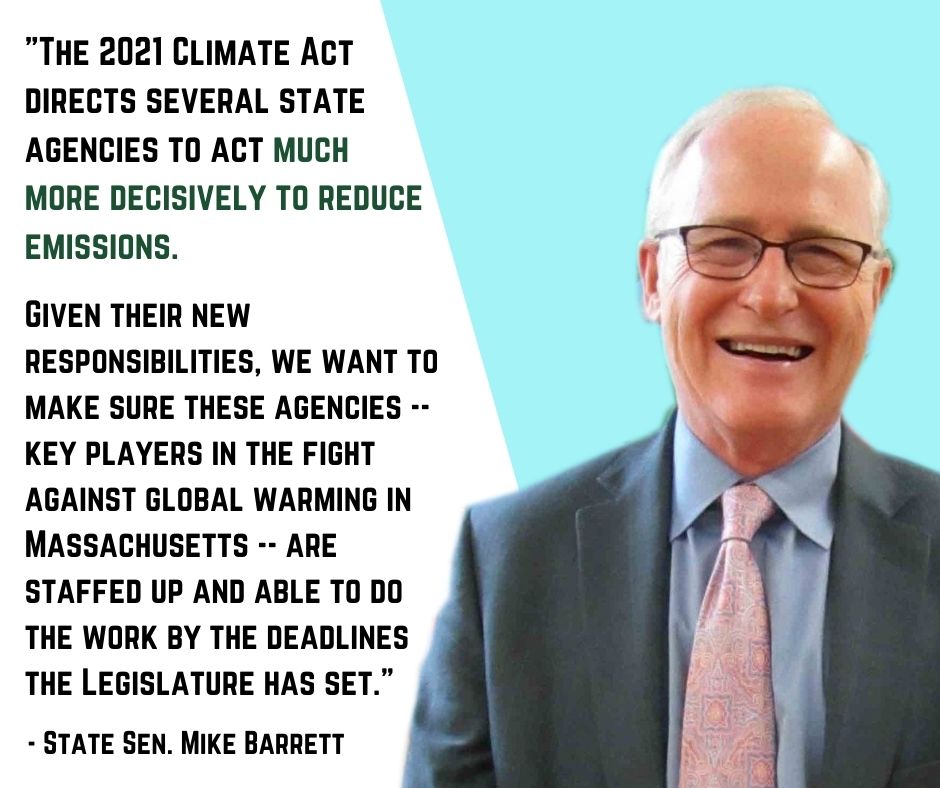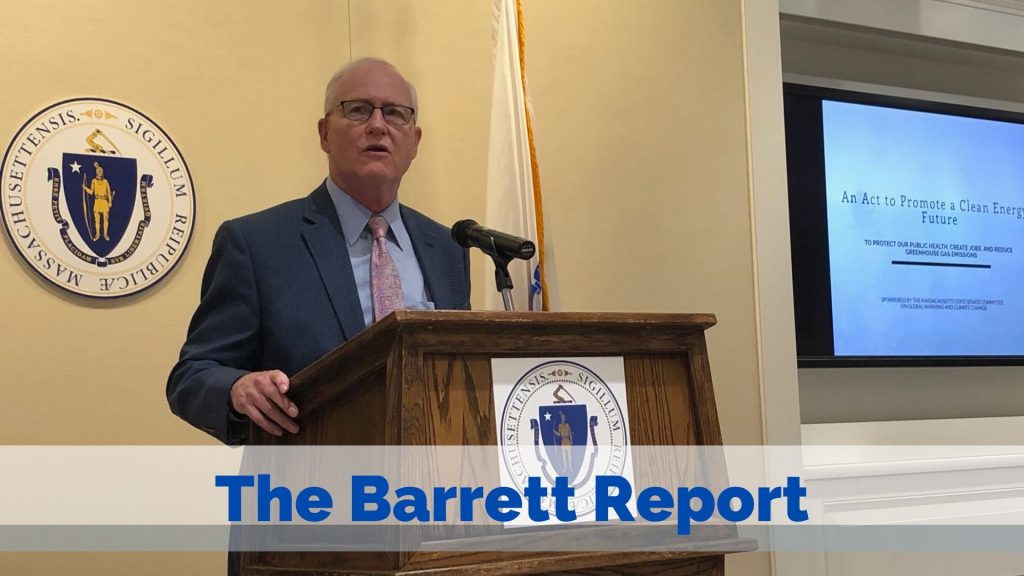The Massachusetts Senate approved my amendment to add additional staff to the Executive Office of Energy and Environmental Affairs. The funds will allow for the hiring of two full-time employees at EEA to work on the implementation of the NextGen climate statute.
In total the Senate added funds for eight additional staffers: two each at EEA, as well as the Dept. of Public Utilities, the Dept. of Energy Resources, and the Dept. of Environmental Protection. Appreciative tip of the hat to Senator Michael Rodrigues, the mensch and marvelous W&M Chair who made this happen.





